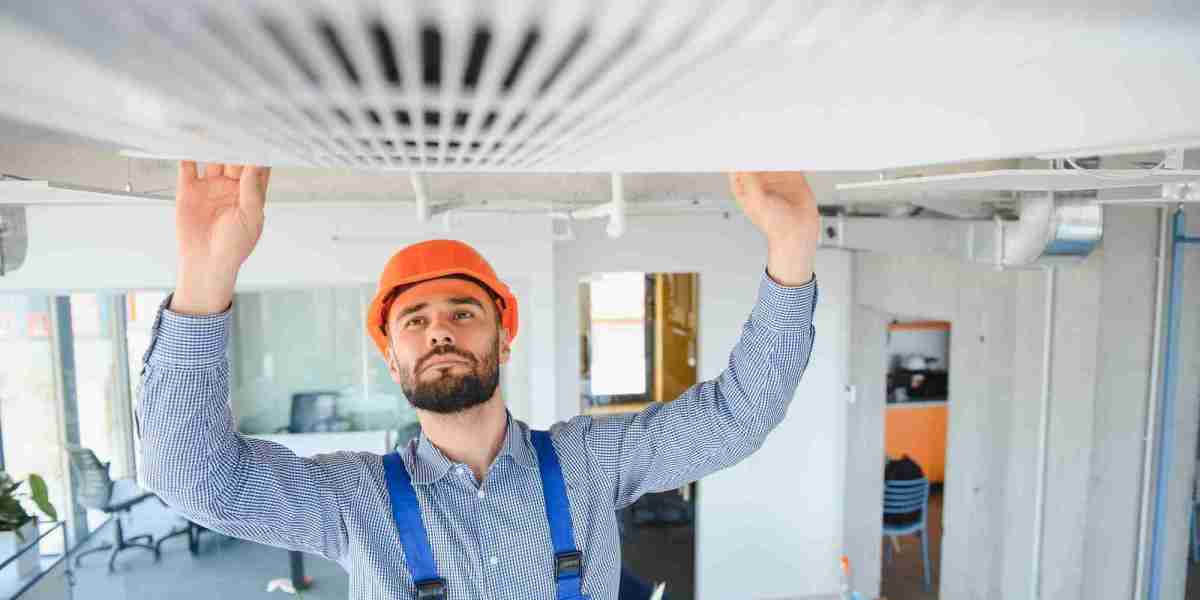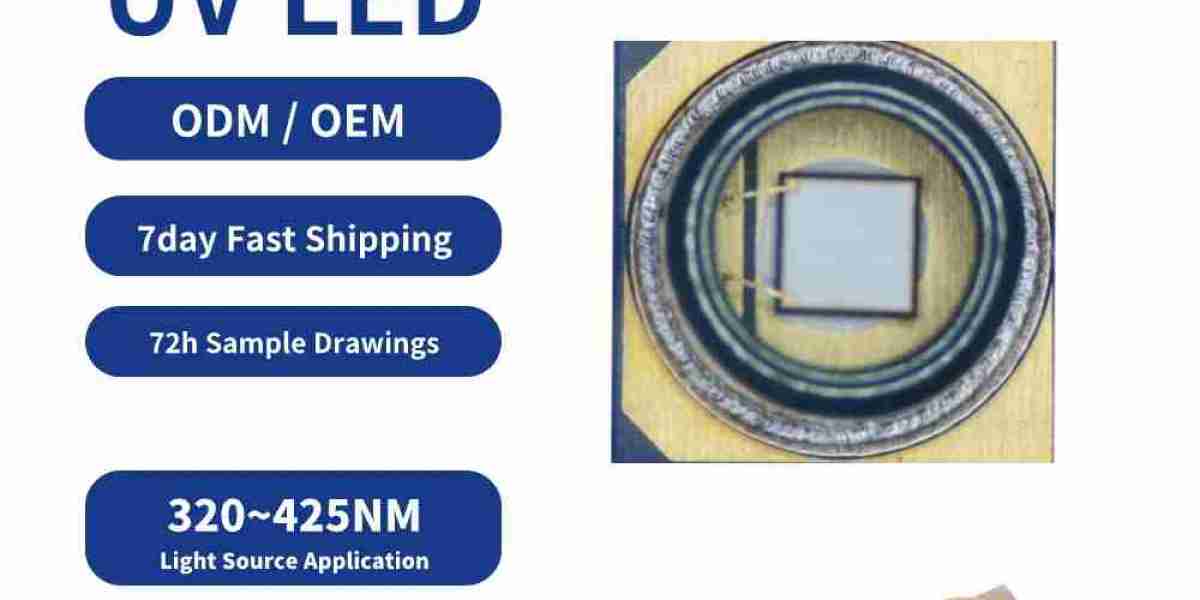Commercial air conditioning systems are vital for keeping offices, shops, hospitals, and other buildings comfortable and efficient. But, like any system, air conditioners can have issues that hurt how well they work. These problems can lead to discomfort, less productivity, and higher energy bills.
This guide looks at common air conditioning problems in commercial spaces. It also shares easy troubleshooting tips to fix these issues.
So, Why is Commercial AirCon Service Important?
Taking care of your commercial air conditioning system is important for its long-term performance and efficiency. Without regular maintenance, small problems can become big ones, causing disruptions and higher costs. A well-maintained system gives you better air quality, uses less energy, and lasts longer. Scheduling professional commercial aircon maintenance ensures that potential problems are identified and addressed before they escalate, minimising downtime and avoiding expensive emergency repairs. It also helps maintain a consistent and comfortable environment for employees and customers, fostering a productive and pleasant atmosphere in your commercial space.
Inadequate Temperature Control
One of the most common problems with commercial air conditioning is insufficient cooling or heating. This could be due to clogged filters, low refrigerant levels, or malfunctioning thermostats.
Troubleshooting Tips:
Clean Air Filters: Clogged filters restrict airflow and reduce cooling or heating efficiency. Regularly check and clean or replace them to keep your system running smoothly.
Check Refrigerant Levels: Low refrigerant levels can affect the system’s ability to cool or heat properly. If you suspect a leak, call a commercial aircon professional for help.
Fix the Thermostat: A faulty thermostat can cause inaccurate temperature readings. Calibrate or replace the thermostat which ensures perfect temperature control.
Uneven Air Distribution
Uneven temperature distribution within a building can lead to discomfort and wasted energy. This problem may be caused by blocked vents, improper air balancing, or malfunctioning dampers.
Troubleshooting Tips:
Inspect Air Vents: Make sure all the vents and registers are open and unobstructed. Blocked vents can make airflow difficult and create temperature disturbance.
Balance the Airflow: Work with a qualified HVAC technician to balance the airflow in your building, ensuring even cooling or heating throughout.
Check Dampers: If the dampers are malfunctioning, it can cause uneven temperature distribution. Ensure they are working properly.
Excessive Operational Noise
Excessive noise from your air conditioning system could indicate loose components, worn-out belts, or a failing motor.
Troubleshooting Tips:
Tighten Loose Parts: Inspect the system for loose screws, bolts, or fasteners and tighten them to reduce vibrations and noise.
Replace Worn Belts: If your system uses belts, check them for wear and tear. Replacing them will reduce noise and prevent further damage.
Lubricate Moving Parts: Proper lubrication of motors and bearings can help reduce friction and noise. Consult the manufacturer’s guidelines or get professional help for lubrication.
Leaks and Drips
Water leaks can signal blockages, clogged drain lines, or damaged condensate pans. Left unchecked, these leaks can lead to water damage and mould growth.
Troubleshooting Tips:
Clear the Drain Lines: Check for clogged drain lines and clear them to ensure proper water drainage.
Inspect Condensate Pans: Look for cracks or damage in the condensate pans and replace them if necessary.
Check Insulation: Ensure that the unit’s insulation is intact to prevent condensation from causing leaks.
System Cycling Too Frequently
Short cycling refers to the air conditioning unit frequently turning on and off. This can cause wear and tear to the system and wast energy. The issue may stem from improper sizing, dirty coils, or thermostat problems.
Troubleshooting Tips:
Clean Coils: Dirty coils can reduce cooling efficiency and lead to short cycling. Clean the coils regularly or get professional maintenance.
Check the Sizing: Make sure your system is properly sized for the space it serves. Wrong-sized units can increase the cycling.
Examine the Thermostat: Check the thermostat’s settings and placement. A faulty or poorly placed thermostat can cause the system to cycle more often than needed.
Unpleasant Smells
Unpleasant smells coming from your air conditioning system can indicate mould or bacteria growth in the unit or ductwork. These odours can negatively impact indoor air quality and comfort.
Troubleshooting Tips:
Clean the Ductwork: Have the ductwork professionally cleaned to remove mould, dust, and debris that might be causing the odours.
Replace Air Filters: Change the air filters regularly to prevent dust and contaminants from building up and causing smells.
Install UV Lights: Consider installing UV lights in the HVAC system to prevent mould and bacteria growth, which can help reduce odours.
Excessive Energy Usage
Excessive energy use from your air conditioning system can lead to high utility bills and strain on the environment. This can be caused by inefficient equipment, incorrect settings, or lack of regular maintenance.
Troubleshooting Tips:
Schedule Regular Maintenance: Regular maintenance by a professional HVAC service provider ensures that your system is running efficiently and helps prevent costly repairs.
Upgrade to Energy-Efficient Units: If your system is old, upgrading to a more energy-efficient model can reduce energy consumption and lower costs.
Use Programmable Thermostats: Programmable thermostats let you set schedules for temperature changes, optimising energy use when the space is unoccupied.
To Conclude
Regular service is important for keeping your commercial air conditioner working well and lasting longer. Booking maintenance and regular checks with a professional helps your system stay in good shape and avoid expensive repairs.
A commercial air conditioning service can find and fix problems early. This makes your system work better and avoids big repairs. Scheduled maintenance keeps your air conditioner reliable, saves energy, and ensures your commercial space stays comfortable.
Look after your system now to get steady cooling and heating, cleaner air, and a more efficient workplace for years ahead.






